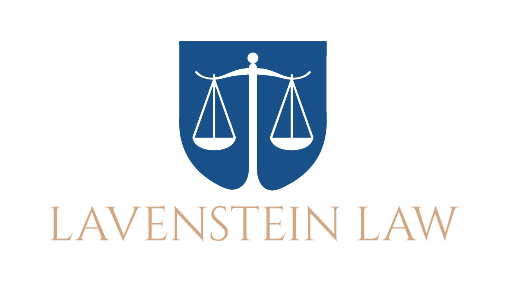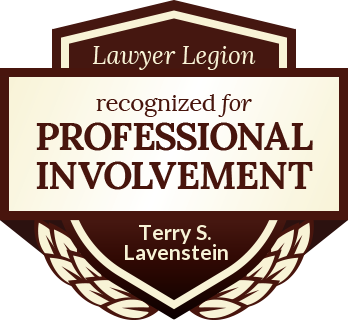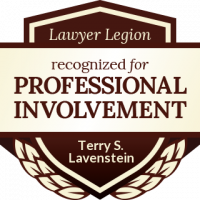By: Evan Jose
[ad_1]
hen you feel that an error on the part of a lower court’s decision is the reason of your conviction, and sentence, you can file an appeal for review at a higher court of law. However, filing, and the consequent procedure, involves numerous details, and you had better get an attorney specializing in this field to handle the case.
How exactly does the appellate process work? This depends on the court of appeal. If you were filing at a federal appellate court, the Federal Rules of Appellate Procedure would be applicable. However, if you were filing at your state court, your state rules would be applicable. You need an attorney proficient in the particular domain only.
The usual steps in the appellate process are as follows:
1. Filing a notice of appeal, by the appellant, within the set time
2. Submitting the trial court record and trial transcript
3. Preparing and filing briefs
Both the appellant and the prosecution need to present briefs containing the issues involved along with their arguments, and supporting references to legal authorities. In most cases, these briefs form the basis of the appellate court’s decision. However, in certain exceptional cases, the court may order for oral argument.
What are the Standards of Review? Under certain circumstances, the appellate court may overturn the decision of the trial court, or at least, minimize the penalties. These are known as Standards of Reviews. However, you need a competent appellate attorney for this. Some of the accepted standards are as follows:
Question of sufficient legal evidence – this takes into account whether the evidence was clear and convincing enough to support the verdict.
The de novo, independent or plenary question – the construction, interpretation and application of the particular law involved is the point of consideration.
Question of judicial discretion – this takes into consideration whether the trial judge exercised their discretion in the proper manner.
The harmless error question – takes into account whether the error in question was harmless, and therefore, not prejudiced against the appellant.
Question of clear errors – here the point of consideration is the review of the factual findings of the trial court proceeding.
The plain error question – this is to allow the appellate court to review unpreserved errors in the records of the trial court.
Understanding the state rules is important if you are filing at a state appellate court. Get in touch with an attorney immediately, as the period within which you can file the notice of appeal is limited.
[ad_2]
Source













